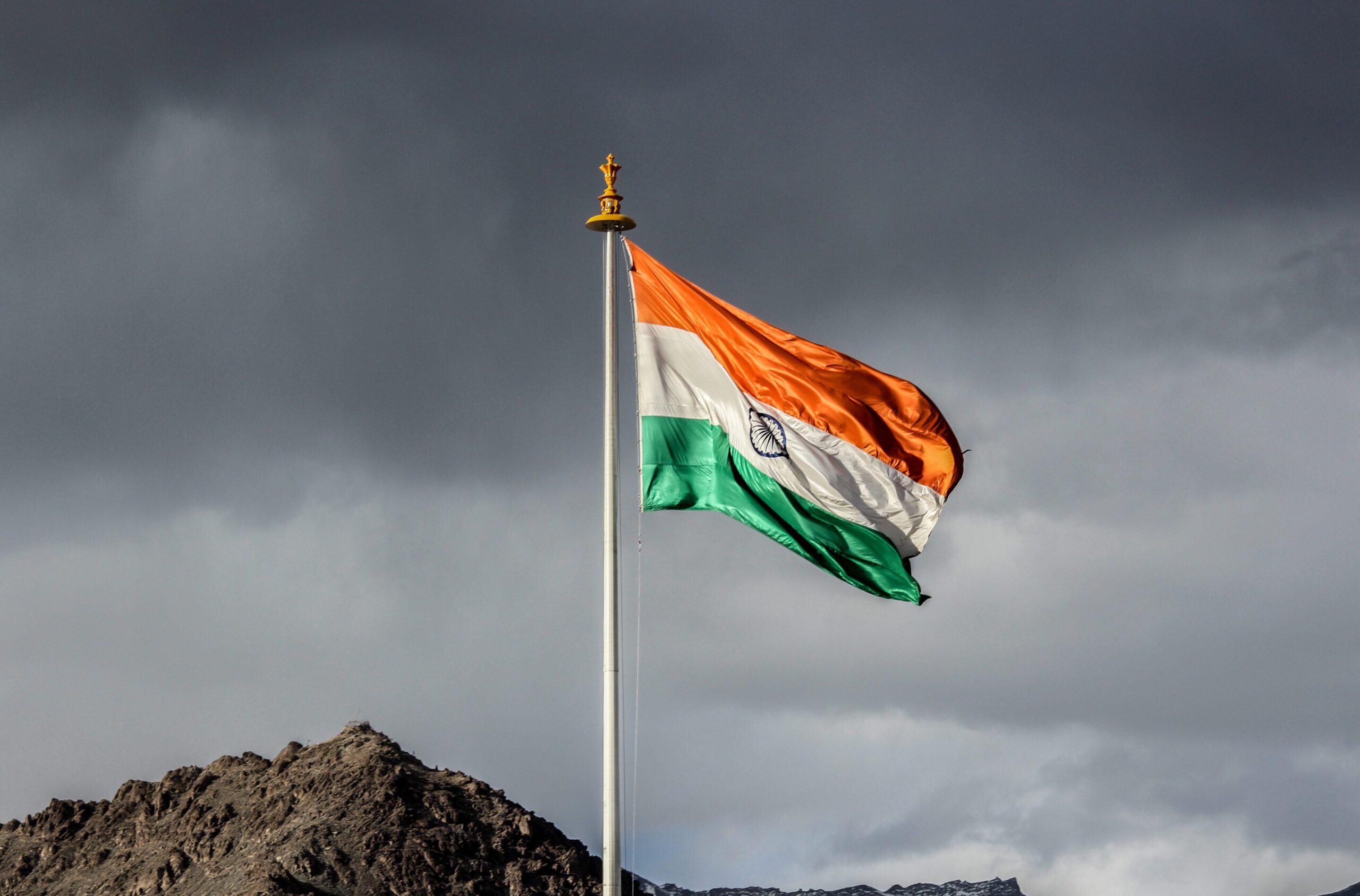Religious Freedom Advocates Challenge Revival of Dormant Anti-Conversion Law in India

The All-India Catholic Union (AICU) wrote to Indian Prime Minister Narendra Modi last week, expressing its objection to the revival of the dormant 1978 anti-conversion law known as the Arunachal Pradesh Freedom of Religion Act (APFRA).
The AICU called the revival “a threat to the constitutional right to freedom of religion and personal liberty.” The Catholic Union appealed to the government to “immediately repeal the Act in the interest of peace, harmony, and religious coexistence” in the state.
This follows the government of the Northeastern state of Arunachal Pradesh’s decision in March to revive the APFRA, following a court directive to implement rules within six months.
The High Court of Gauhati passed the order in September 2024 following a Public Interest Litigation (PIL) filed in 2022 to implement the Act that was lying dormant for 46 years.
The move to revive, then announced by Arunachal Pradesh Chief Minister Pema Khandu, sparked protests from Christian groups but received support from those who wished to preserve indigenous faiths.
The Christian population in Arunachal Pradesh has grown significantly, from 0.79% in 1971 to more than 30% in 2011, making it the largest religious group. This demographic shift has been a key factor in the push to implement the anti-conversion law.
International Christian Concern (ICC) reported on the government’s decision in March.
The AICU, which describes itself as a defender of the nation’s pluralistic spirit, stated that the proposed revival of APFRA would “vitiate the erstwhile peaceful social harmony in a state known for peace and prosperity.”
The memorandum emphasized that since its inception in 1909, the Union has “spoken up umpteen times against all forms of injustice to people irrespective of their communities or religious affiliations.”
Empowering the Arunachal state machinery to monitor conversions “infringes upon liberty and privacy” and effectively nullifies the fundamental right to freedom under Article 21 of the Indian Constitution, the AICU said.
The memorandum described the state of Arunachal Pradesh as a “model of peace and coexistence,” highlighting that despite its diversity, the state “has never been known for ethnic violence.” Reviving the Act would “curtail this freedom and destroy the spirit of the Constitution.”
The AICU said that “successive governments of Arunachal Pradesh under different Chief Ministers recognised the negative implications of this Act and therefore refrained from implementing it during the last 48 years.”
To read more news stories, visit the ICC Newsroom. For interviews, please email [email protected]. To support ICC’s work around the world, please give to our Where Most Needed Fund.
